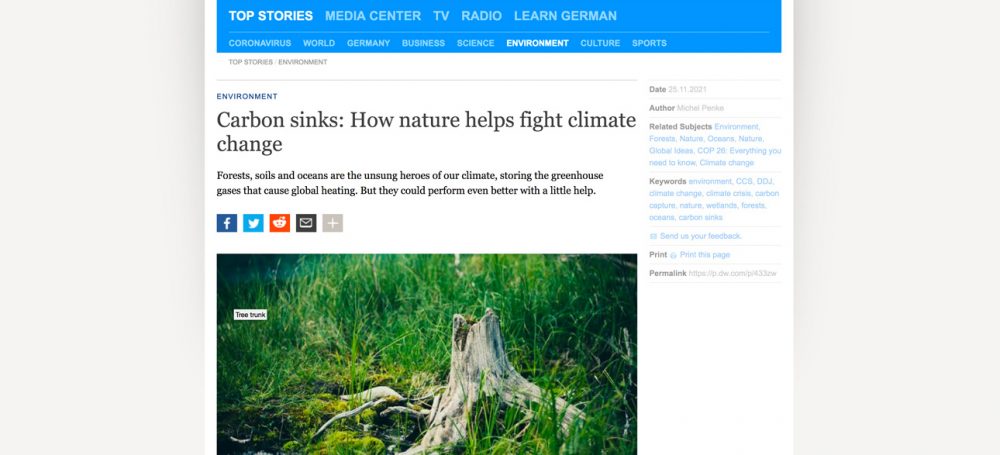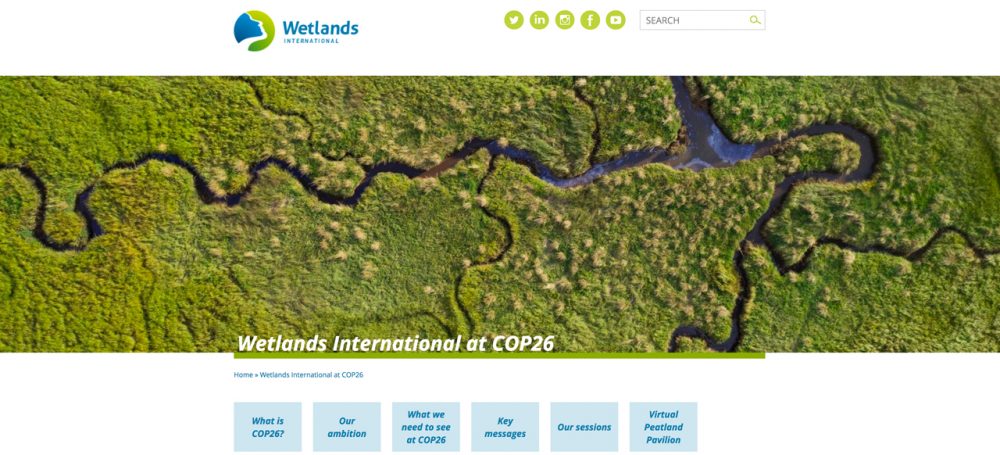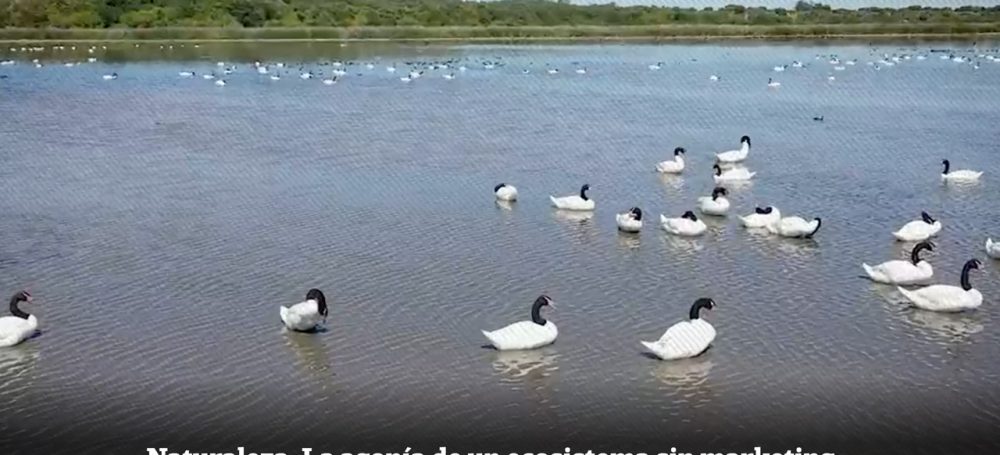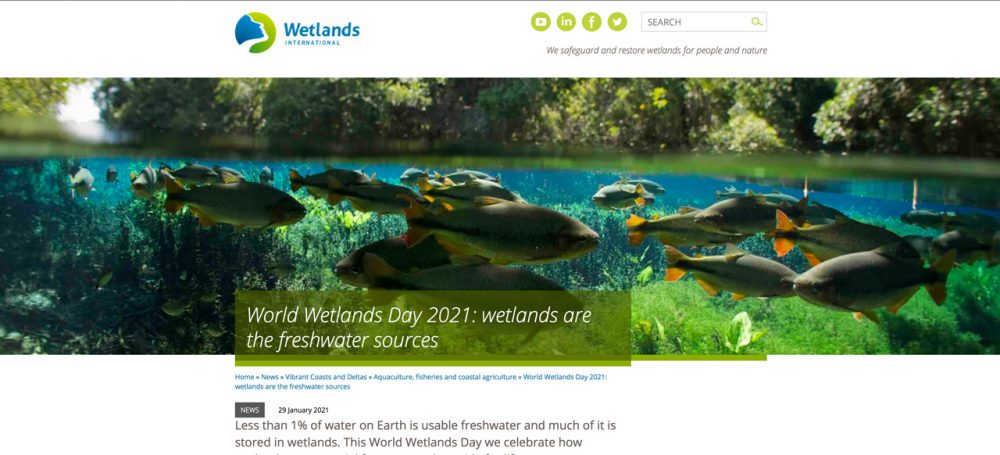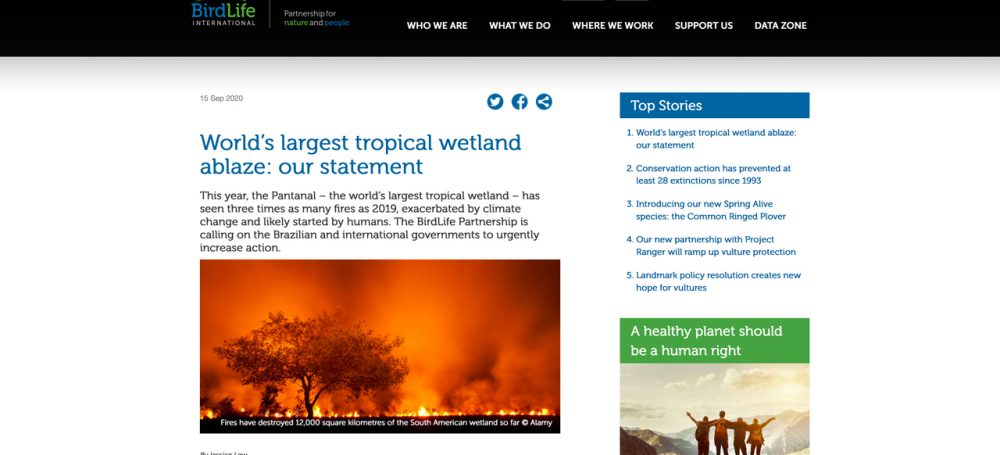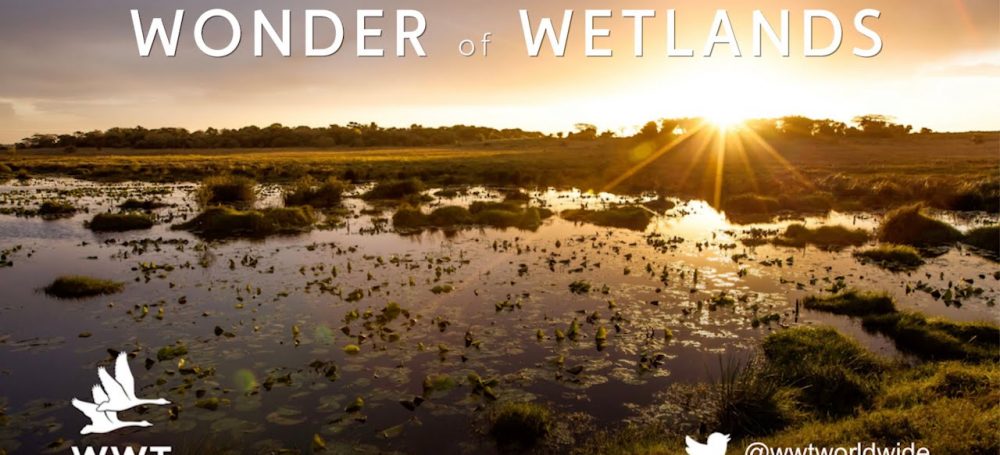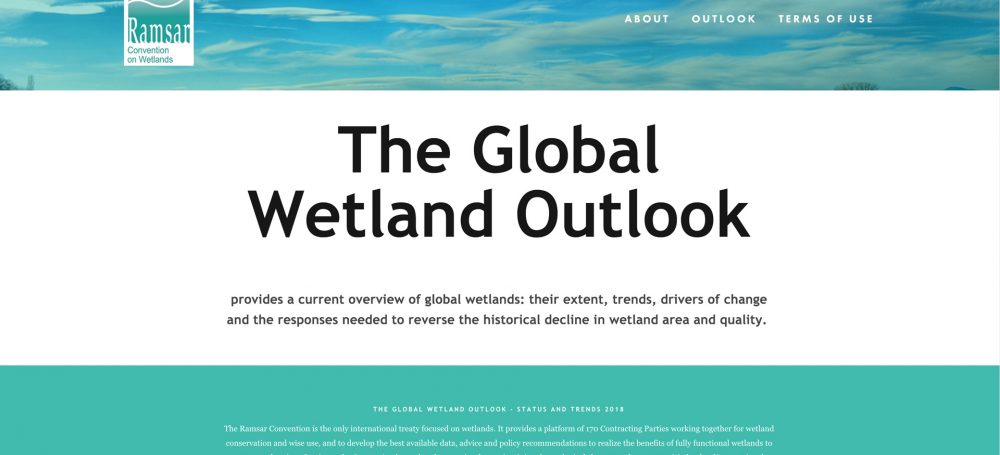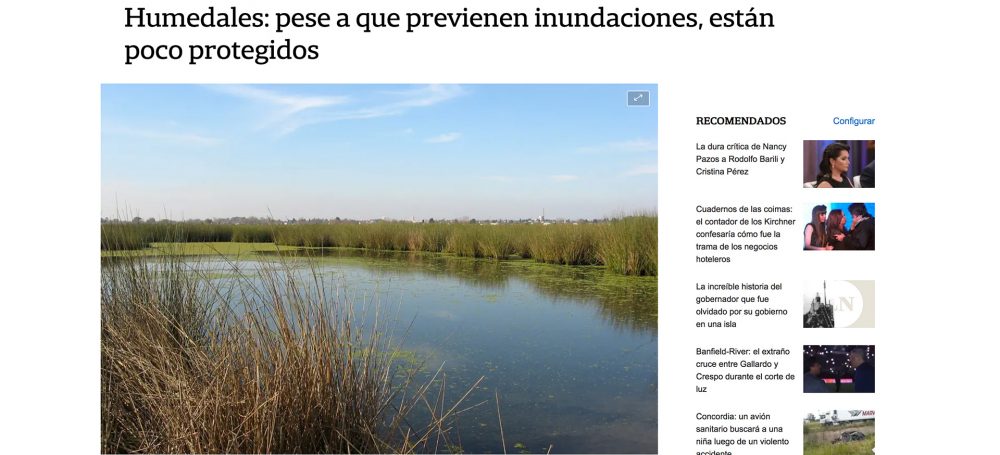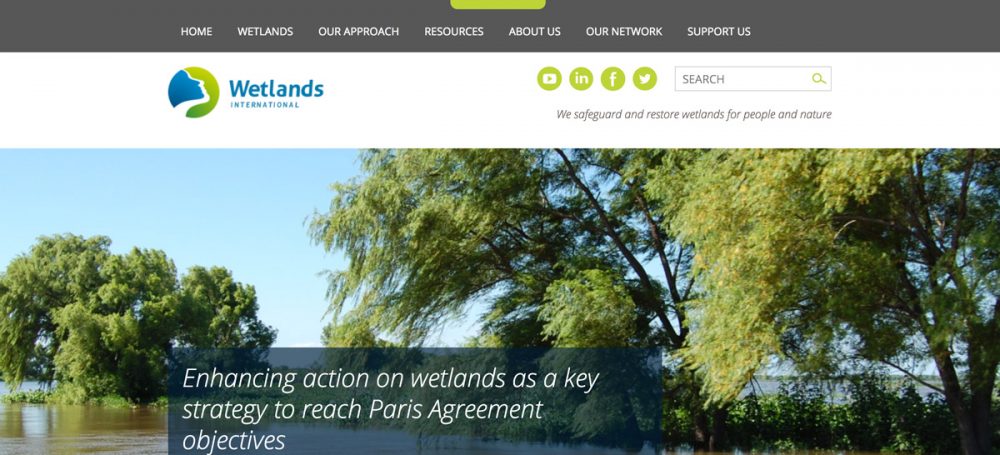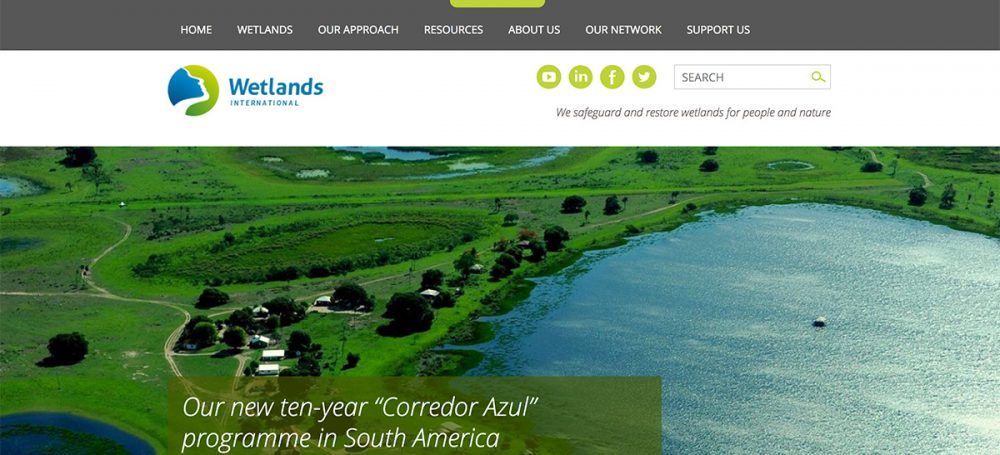Forests, soils and oceans are the unsung heroes of our climate, storing the greenhouse gases that cause global heating. But they could perform even better with a little help.
Smoking industrial chimneys, exhaust fumes, fires in the Amazon — yearly carbon emissions recently swelled to 12,000,000,000 tons (12 gigatons).And as carbon increases, so do temperatures.
Around half of emissions released remain in the atmosphere. Nature absorbs the rest, holding it in carbon sinks, such as soil, oceans and vegetation.
The 26th session of the Conference of the Parties (COP26) to the UN Framework Convention on Climate Change (UNFCCC) takes place in Glasgow, Scotland, on 31 October – 12 November 2021 to accelerate action towards the goals of the Paris Agreement and the UN Framework Convention on Climate Change.
What is COP26?
Every year, Parties to the UNFCCC meet to assess progress on the different streams of the Convention, enhance action, and agree on different rules, guidelines, implementation, among
Para Román Murzyla, la imagen fue como una foto del Apocalipsis: el cielo oscureciéndose en pleno mediodía; las llamas devorando todo a su lagunas. Vive en Villa Ocampo, una localidad de 25.000 habitantes al norte de Santa Fe a la que se conoce como “el corazón del Jaaukanigás”, por estar en el centro de ese humedal de casi 500.000 hectáreas. Para las vecinas y vecinos del lugar, hubo un antes y un después de los incendios que en 2020 pusieron en
Less than 1% of water on Earth is usable freshwater and much of it is stored in wetlands. This World Wetlands Day we celebrate how wetlands are essential for water and provide for life.
The world is facing a growing freshwater crisis that threatens people and our planet. This year’s World Wetlands Day shines a spotlight on wetlands as a source of freshwater and encourages actions to restore them and stop their loss. Wetlands are the water systems in the
This year, the Pantanal – the world’s largest tropical wetland – has seen three times as many fires as 2019, exacerbated by climate change and likely started by humans. The BirdLife Partnership is calling on the Brazilian and international governments to urgently increase action.
Last summer, the news of the burning Amazon rainforest captured mass media attention and sparked worldwide outcry. But the worrying truth is that these fires never completely went out. In fact, this year, it seems that
If rainforests are the lungs of the planet, then wetlands are the lifeblood. They’re essential for all life. Their beautiful landscapes will take your breath away, and their rich variety of wildlife will inspire you.
Wetlands are incredible, but historically we’ve undervalued them. Now they’re disappearing at a rate three times faster than forests. Explore this amazing yet underrated habitat:
https://www.wwt.org.uk/our-work/why-w…
The Global Wetland Outlook provides a current overview of global wetlands: their extent, trends, drivers of change and the responses needed to reverse the historical decline in wetland area and quality.
THE GLOBAL WETLAND OUTLOOK – STATUS AND TRENDS 2018
The Ramsar Convention is the only international treaty focused on wetlands. It provides a platform of 170 Contracting Parties working together for wetland conservation and wise use, and to develop the best available data, advice and policy recommendations to
Las ONG ambientales trabajan junto a las comunidades para conservarlos y lograr un manejo sustentable; reclaman con urgencia una normativa nacional que los resguarde.
Los humedales son considerados verdaderas fábricas de vida para el planeta. Son ecosistemas claves para mitigar el cambio climático, frenar los gases de efecto invernadero y prevenir inundaciones , ya que ayudan a absorber las lluvias, que son cada vez más frecuentes y fuertes. No hace falta ir hasta el Bañado de la Estrella, en Formosa,
Addressing freshwater ambitions explicitly through Nationally Determined Contributions (NDCs) provides a key entry-point for countries to emphasise the importance of freshwater strategies for adapting to climate change and reducing greenhouse gas emissions. Including wetlands explicitly in the next round of their NDCs (to be communicated by 2020) will help countries to raise awareness of this in dialogues and political processes at all levels and discuss targets and set policies. This policy brief uses the three guiding questions of the Talanoa Dialogue:
We have launched a 10-year programme in the second largest wetland system in South America after the Amazon: La Plata Basin. Our programme will focus on mobilising efforts to implement alternative development paths for the region by bringing together civil society organisations, the private sector, academia and governments.
The programme will run pilot projects in three areas: the Pantanal in Brazil, the Ibera Marshes and the Paraná Delta in Argentina.
We want to prove that inclusive management practices, sustainable

